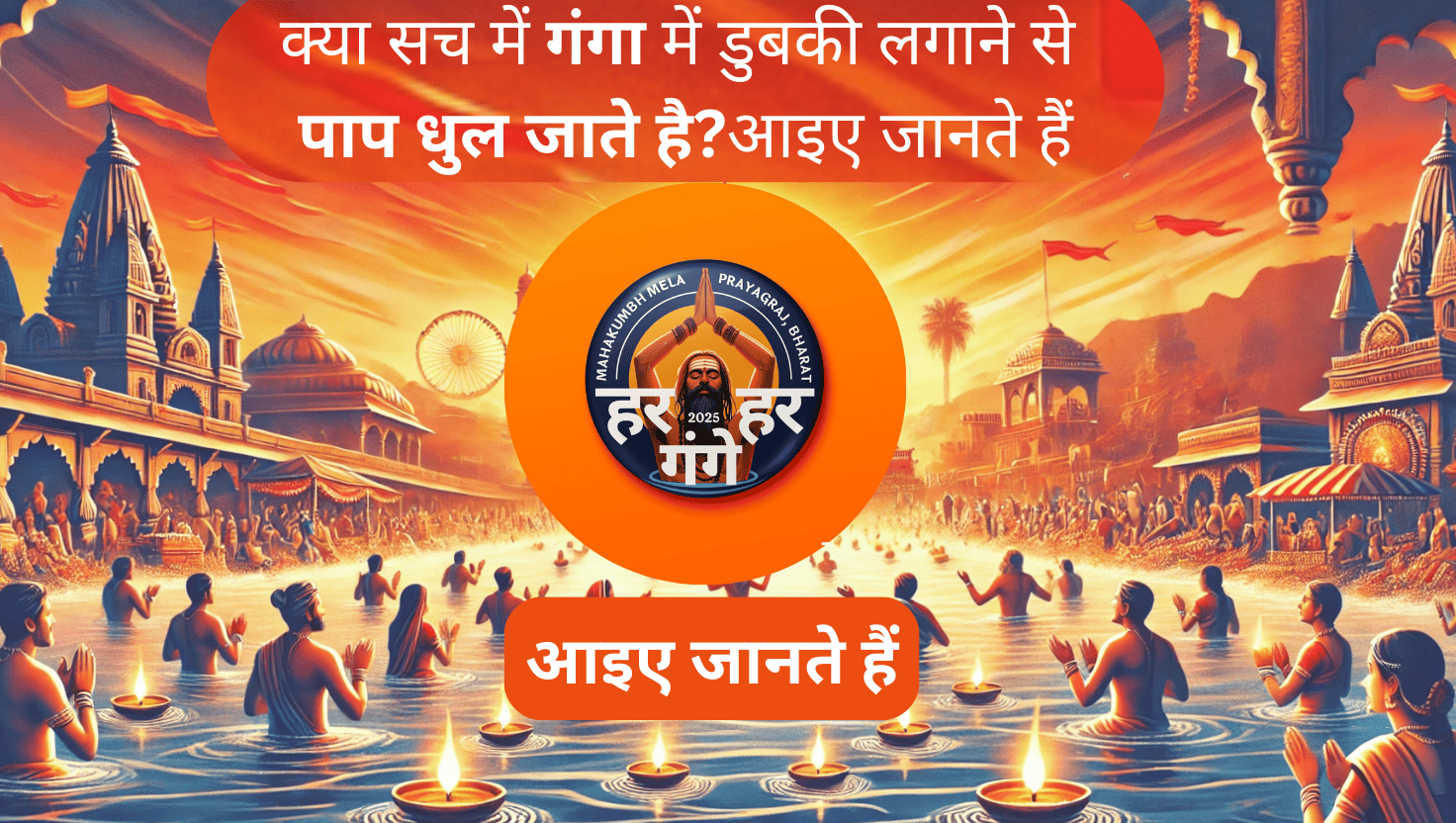Why do we say “Jai Mata Di” instead of “Jai Mata Ji”?
मंदिर की घंटी गूंजती है, चारों ओर माता की आरती की गूँज है और हर जुबां पर एक ही नारा है – “जय माता दी!” ये शब्द सुनते ही मन में असीम श्रद्धा और ऊर्जा का संचार होने लगता है। लेकिन क्या आपने कभी सोचा है कि हम हमेशा “जय माता दी” ही क्यों कहते हैं, “जय माता जी” क्यों नहीं?
भले ही दोनों का भाव माँ की भक्ति से जुड़ा है, लेकिन इनके पीछे छिपे भाषाई और आध्यात्मिक अर्थ को समझना बेहद दिलचस्प है।

1. ‘जय माता दी’ का शाब्दिक अर्थ (What does Jai Mata Di Mean?)
सर्च इंजन पर अक्सर लोग इसका मतलब ढूंढते हैं। दरअसल, “जय माता दी” एक पंजाबी/डोगरी वाक्यांश है।
- जय: विजय या स्तुति।
- माता: माँ (देवी दुर्गा/वैष्णो देवी)।
- दी: पंजाबी में इसका अर्थ होता है ‘की’ (of)।
अतः, “जय माता दी” का सरल अर्थ है — “माता की जय हो”।
2. “जी” और “दी” के बीच का सूक्ष्म अंतर (Difference between Ji and Di)
आपने गौर किया होगा कि हिंदी भाषी क्षेत्रों में हम “माता जी” कहते हैं, जो एक सम्मानसूचक शब्द है। लेकिन “जय माता दी” में भाव थोड़ा अलग और गहरा है:
- सम्मान बनाम अपनापन: “जी” एक औपचारिक सम्मान (Formal Respect) है जिसे हम किसी भी बड़े व्यक्ति के लिए इस्तेमाल करते हैं। वहीं, पंजाबी में “दी” शब्द एक अटूट संबंध और भक्ति की मिठास को दर्शाता है। यह नारा हमें माँ के करीब महसूस कराता है।
- शक्ति का उद्घोष: “जय माता दी” केवल एक संबोधन नहीं, बल्कि एक जयकारा है। जब हम ‘दी’ कहते हैं, तो इसमें एक पुकार होती है, माँ की शरण में जाने का विश्वास होता है।
3. ‘दी’ का एक और गहरा अर्थ: ‘देने वाली’
आध्यात्मिक दृष्टिकोण से देखें तो कई भक्त ‘दी’ को ‘देने वाली’ (Giver) के रूप में भी देखते हैं।
- सुख देने वाली माता की जय!
- विजय देने वाली माता की जय!
- शक्ति देने वाली माता की जय!
यह छोटा सा शब्द बताता है कि माता सिर्फ पूजनीय नहीं हैं, बल्कि वे अपने भक्तों की झोलियाँ भरने वाली ‘दाता’ भी हैं।
4. “जय माता दी” इतना प्रसिद्ध कैसे हुआ? (Historical Context)
इस नारे की लोकप्रियता के पीछे दो मुख्य कारण हैं:
- माँ वैष्णो देवी की महिमा: माता वैष्णो देवी का दरबार जम्मू (पहाड़ी/पंजाबी संस्कृति क्षेत्र) में स्थित है। वहाँ की स्थानीय भाषा का प्रभाव इस नारे पर पड़ा और भक्तों के माध्यम से यह पूरे विश्व में फ़ैल गया।
- भजनों का प्रभाव: गुलशन कुमार और नरेंद्र चंचल जैसे महान गायकों के भजनों ने “जय माता दी” के जयकारे को घर-घर तक पहुँचा दिया।
5. जोश और विजय का प्रतीक
सोचिए, युद्ध के मैदान में या किसी कठिन परिस्थिति में कौन सा नारा अधिक उत्साह जगाता है? “जय माता दी!” यह शब्द हमारे भीतर विजय का विश्वास जगाता है। यह नारा हमें याद दिलाता है कि माँ की कृपा से हमारी जीत निश्चित है।
निष्कर्ष (Conclusion)
चाहे आप “जय माता जी” कहें या “जय माता दी”, माँ तो भाव की भूखी होती हैं। लेकिन “जय माता दी” कहने में जो लय, जो ऊर्जा और जो अपनापन है, वह इसे करोड़ों भक्तों का सबसे पसंदीदा जयकारा बनाता है।
तो अगली बार जब आप माँ का ध्यान करें, तो पूरे जोश और श्रद्धा के साथ कहें — “जय माता दी!”
- ध्यान, धर्म से लेकर प्रकृति के चाहने वालों को लुभाता है हस्तिनापुर
- भगवान श्रीकृष्ण के नाम पर बसा था मेरठ में श्यामनगर, मयदानव ने बनवाया था मंदोदरी तालाब (“महाभारत, रामायाण कालीन इतिहास”🏹भाग 2)
- “आओ हम जाने यूपी के मेरठ में महाभारत, रामायण काल और अंग्रेजी काल से जुड़ी ऐतिहासिक घटनाएं”(“महाभारत, रामायाण कालीन इतिहास”🏹भाग 1) -सूरजकुंड पार्क




Jai Mata di
A person essentially help to make seriously articles I would state. This is the first time I frequented your website page and thus far? I surprised with the research you made to create this particular publish extraordinary. Great job!